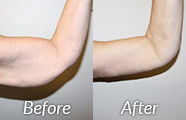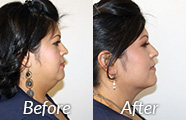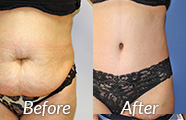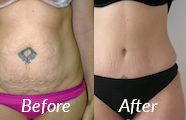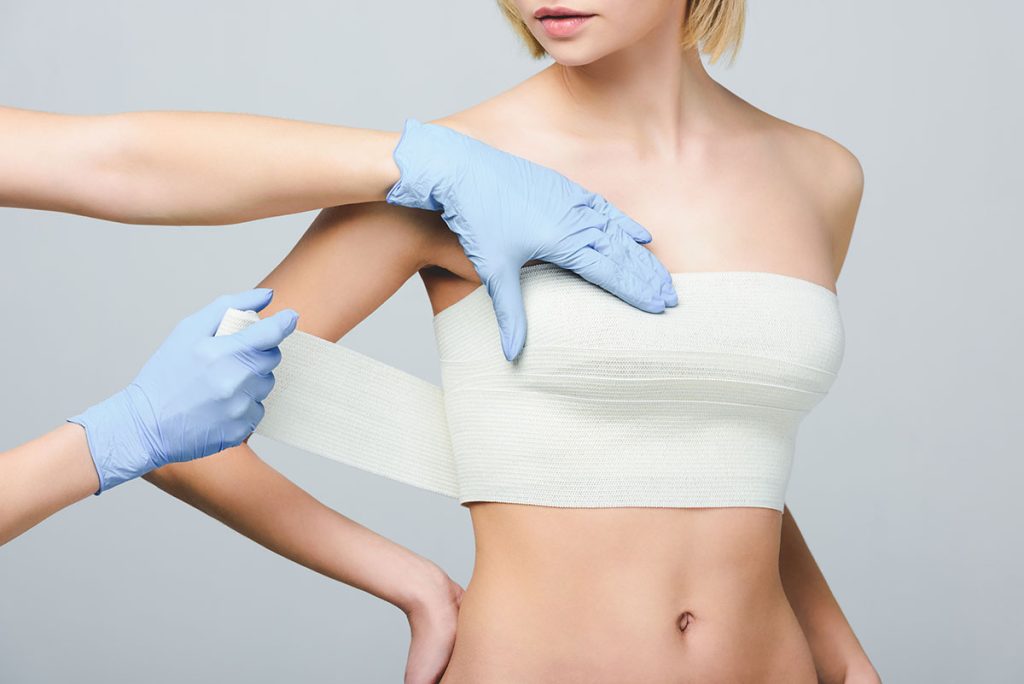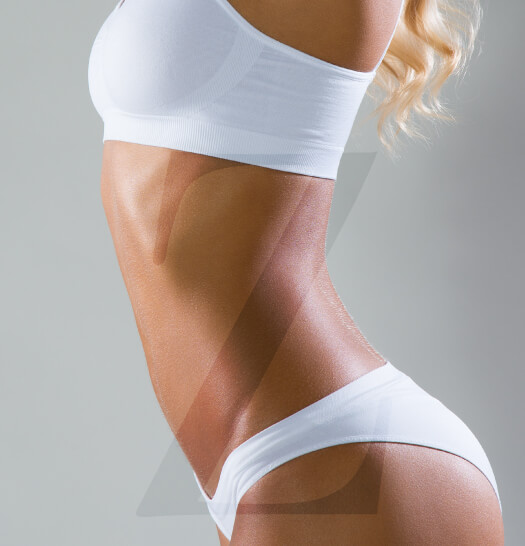Post-Op Instructions
Conveniently located to serve the areas of Santa Monica, Beverly Hills and Greater Los Angeles
Medications
If prescribed antibiotics, begin taking them upon arriving home and continue until completed. Start taking the pain medication prescribed to you as soon as you begin to feel pain. Do not allow your pain to get out of control. Anti-nausea medication has also been prescribed. If you still experience nausea and vomiting or have difficulty sleeping, please contact the office. We may be able to prescribe medications to help. Remember that you should not take any aspirin or anti-inflammatory medications unless told to do so after surgery. These medications may increase your risk of bleeding. Remember also that narcotics may constipate you, so take stool softeners such as Colace to prevent this problem.
Diet
Immediately after surgery it is normal to have a poor appetite. Start with simple and bland foods such as toast, crackers, soup, mashed potatoes, Jello, etc… Try not to take medications on an empty stomach. If you feel nauseated do not force yourself to eat as this may induce vomiting. For the first several days it is more important to remain well hydrated, so drink plenty of fluids.
Activity
You should be out of bed, walking around inside your home several times a day beginning the first night after surgery and several times a day thereafter to prevent blood clots from forming in your legs. If you had surgery on your upper arms, keep them elevated on pillows while sleeping. For patients who have had breast or abdominal surgery, we recommend sleeping with your back elevated. For patients who have had fat transfer (BBL) to the buttocks, you must avoid laying on your back. In this situation you will likely need to sleep on your stomach or on your side. Avoid any activity that you feel may be putting strain on your surgical site. For most surgeries we ask that you avoid lifting anything greater than 20 pounds is allowed for two weeks after surgery.
Dressings
You may have dressings or compression garments. If so, keep dressing or garment on until your post op appointment. Dr. Zarrabi will replace the dressing on your first post-operative visit.
Drains (Optional)
You may have drains. If so the nurses in the recovery room will show you how to empty these. Remember to record the date, time, and volume emptied from each drain on your drain log. The record should be kept in 24-hour totals. Please bring the record with you to your appointments. During the first several days after surgery, you may need to empty the drain multiple times in a day. As the drainage decreases you can empty the drain once a day. A drain will be ready to be removed when the total accumulation in 24 hours is less than 25 cc.
Bathing
You may shower 48hrs after surgery, only after your post op appointment with Dr. Zarrabi. Keep the shower brief, and lukewarm to avoid light-headedness. It is best to have someone with you the first couple of times you shower. Sitting on a chair while you shower is also helpful. It is OK for soap and water to get on the incisions. Do not scrub the incisions. Pat the incisions dry first with a clean towel before drying the rest of your body. Replace the dressings or garments as needed.
If you experience unusual symptoms, severe pain, uncontrolled bleeding, or shortness of breath please call the office for help or go to the nearest Emergency Room. Observe for signs of infection such as fevers, chills, sweats, spreading redness, or increased swelling. Do not hesitate to contact the office if you have any questions. We wish you a speedy recovery.
If you have further questions or concerns, please contact our office online, or call our office at (310) 584-9990.


